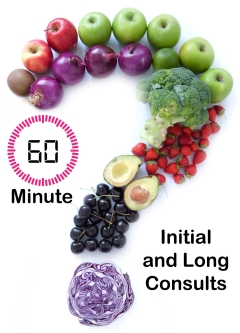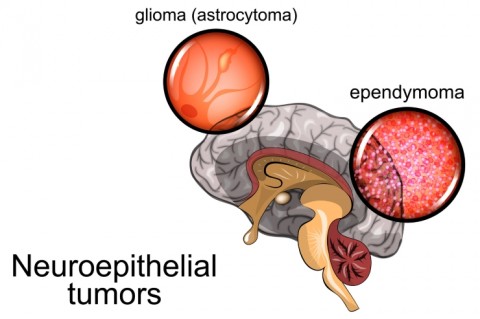DrCarney.com Blog
Cured Foods May Boost Glioma Risk
Millions of people worldwide consume cured and processed meats. Many studies have suggested a link between the consumption of these cured foods and the development of high blood pressure (hypertension), heart disease, esophageal cancer, chronic obstructive pulmonary disease, colorectal cancer, and stomach cancer. A team of researchers at the National Brain Tumor Foundation has added one more to the list of diseases linked to cured foods: Glioma.
Glioma is a type of brain tumor that originates from the glial cells of the brain and spinal cord. The glial cells are cells that help the neurons in the brain and spinal cords to function properly. Gliomas account for 30% of all central nervous system tumors and 80% of all malignant brain tumors. This form of brain tumor is very deadly and rarely curable. Nearly 13,000 persons die from primary brain tumors worldwide annually.
Cured Foods Increase Glioma Risk
Curing is a method of preserving of foods, such as meat, fish, and even vegetables. It involves the addition of salt, sugar, nitrate, and nitrite to raw foods for the purpose of preservation, coloring, and flavoring. In addition, many curing processes also make use of spicing, cooking, and smoking to preserve food items. The nitrite used in the curing process helps to inhibit the growth of clostridium botulinium, a species of gram negative bacteria that cause food poisoning. However, the high nitrite content of cured foods also contribute to the development and growth of cancerous cells in healthy human tissues and organs, including the brain and spinal cord.
During the cooking process, the nitrites found in cured foods combines with amines present in meat and fish to form N-nitroso compound, a potent human carcinogen. N-nitroso compounds react with the DNA of healthy glial cells and induce the mutation of these cells into cancerous cells and tumors.
Beware of Cured Foods
A Glioma prognosis is dreadful since Glioma is rarely curable and patients usually only survive for a few years or less after diagnosis. The best defense against this deadly form of brain tumor is the adoption of measures to minimize our chances of developing Gliomas. Avoiding cured foods is one of the primary ways we can use to reduce our risk of developing Glioma. So, if you are ever tempted to consume a seemingly delicious and sumptuous plate of cured meat, fish, or even cured vegetables, you should take a moment to consider that you might be increasing your chances of developing Glioma.
More than half of the American population are likely to be consuming processed foods, including cured meats and fish. Don't be one of them. Your brain may thank you.
Additional Information:
(1) The National Brain Tumor Foundation: Who Get Brain Tumors and Why?
(3) Carcinogenicity and Mutagenicity of N-nitroso compounds
Scroll Down Page to Leave Comments

Got Questions?
We would love to receive your questions. Join in the Starch-Smart Discussions on DrCarney.com by signing up for a free membership to the Dr. Carney Community.
One Hour Phone Consult with Dr. Carney

Telephone Food Coaching Sessions with Linda Carney MD
Due to demand for nutritional advice, Dr. Carney's offers Starch-Smart® System "Dietary Care Extraordinaire" Food Coaching telephone sessions. The first sessions is always one hour. Subsequent sessions can be thirty minutes or one hour:
Click Here For 60 Minute Food Coaching Session
Please Note: Food Coaching sessions are not medical appointments and are not intended to replace your own physician. No tests will be ordered and no prescriptions will be provided.
When you subscribe to the blog, we will send you an e-mail when there are new updates on the site so you wouldn't miss them.




